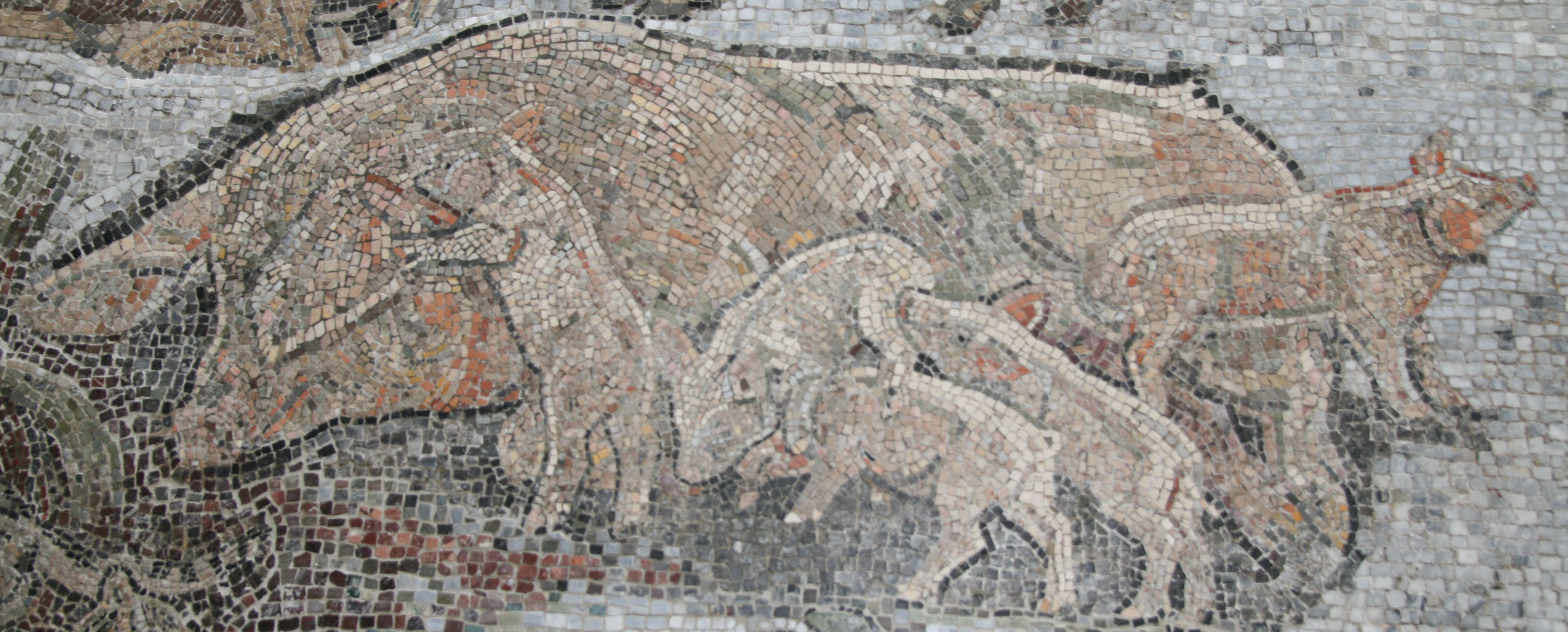Fighting the most important contagious swine disease in the world
An international team of researchers is determined to develop a new and more effective vaccine against PRRS – the most important contagious swine disease in the world – which annually costs society enormous amounts and leads to poor animal welfare. The Danish Council for Strategic Research has just granted Professor Finn Skou Pedersen DKK 15 million for the project.


PRRS (Porcine Reproductive and Respiratory Syndrome) is the most serious of all the contagious swine diseases in the world. Since the disease was found in Denmark in 1992, it has had a major impact on animal welfare, just as it has cost farmers a considerable amount. According to estimates by Denmark’s Pig Research Centre (VSP), the disease results in an annual financial loss for the farming industry of approximately DKK 112 million.
The disease causes reproductive and respiratory problems, as well as resultant infections such as encephalitis and arthritis – and thereby increased mortality. In addition, the misuse of antibiotics for PRRS can pose a risk for public health. Controlling PRRS is therefore a top priority in Denmark and all other pig-producing countries in the world.
The existing vaccines against PRRS are not satisfactory, and there is a need for developing a new vaccine that is safe and efficient, and can be adapted to new strains of the virus. An international team of researchers has now decided to jointly solve this problem.
In contrast to most other viruses, antibodies first appear late after infection with the PRRS virus, and the virus can also be found in the blood weeks after the formation of antibodies. This indicates that the PRRS virus is capable of bypassing the immune system, and the researchers will therefore use this as their starting point.
If the planned project is a success, it will – in addition to providing better animal welfare and saving large amounts for farmers – provide a technology platform for developing vaccines against other viruses such as SARS and HIV.
The Danish Council for Strategic Research has awarded the five-year project a grant of more than DKK 15 million.
In addition to researchers at the Department of Molecular Biology and Genetics, Aarhus University, participants in the research project include researchers at the National Veterinary Institute and the Centre for Electron Nanoscopy, Technical University of Denmark, SKAU Vaccines ApS, the Institute of Virology and Immunology, Switzerland, the Pig Research Centre (Danish Agriculture and Food Council), and the Boehringer Ingelheim Veterinary Research Centre (BIVRC).
Project title: A plant?produced immunoenhanced pig vaccine against PRRS (PIGVAC).
The research behind the project
Recent research has identified non-infectious vaccines such as virus-like particles (VLP) as being the most effective. The immune system’s recognition of the GP5 protein on the surface of the PRRS virus is crucial for the efficacy of a vaccine.
The international team of researchers proposes removing the immunosuppressive motifs in GP5 and producing VLPs with such hyperimmunogenic GP5 in plants, providing advantages in terms of price, production, safety and rapid adaptation to new virus variants.
This poses scientific challenges such as i) membrane presentation of an animal viral protein in plants, ii) its presentation on VLPs, iii) inactivation of immunosuppressive domains in GP5 and iv) efficient production of VLPs in plants. The VLPs will be characterised and their efficacy as a vaccine tested on pigs.
For more information, please contact
Professor Finn Skou Pedersen
Department of Molecular Biology and Genetics, Aarhus University, Denmark
fsp@mb.au.dk, +45 8715 5475
